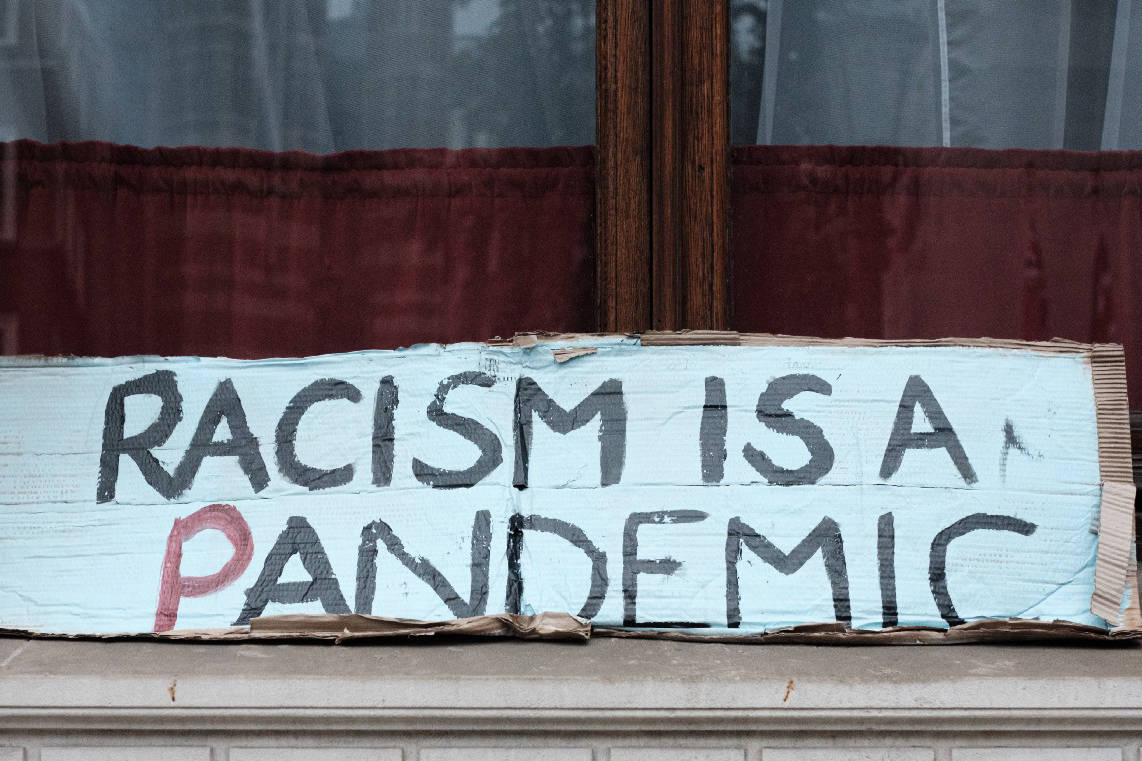Submitted by Washington State Department of Health
In Washington state, 37 percent of the people diagnosed with COVID-19 are white. But 68 percent of our population is white. If the virus causing COVID-19 affected people equally regardless of race, we would think that 68 percent of the people diagnosed with COVID-19 would be white. So why does COVID-19 seem to be disproportionately avoiding white people?
In a word, privilege. People who are white may have had innumerable hardships in their lives, but they likely have not been discriminated against because of their skin color. They are more likely to have been able to clearly understand the language their doctor was using. And they are less likely than people of color to be essential workers, like farmworkers.
Farmworkers in this state are more likely to be Latino and may have some of the structural and social challenges that are more common among Latino people than among white people, like language barriers, discrimination, the stigma around immigration status, or poverty. Many lack access to paid sick leave. Latinos make up 13 percent of the population in Washington, but make up 43 percent of the people diagnosed with COVID-19. This is a health inequity. People who are Latino in this state are disproportionately impacted by COVID-19, and it’s not fair.
Last week, a group of 1,288 public health, infectious disease and community members sent an open letter in which they explain how fighting racism is a necessary part of fighting COVID-19. Black people in the US are more likely than white people to catch COVID-19, more likely to need hospitalization, more likely to need a ventilator, and more likely to die of the disease. The letter writers attribute these differences to the toxic levels of stress Black Americans experience from living within long-standing systems of oppression, bias and discrimination, unsafe working conditions, and exposure to pollution.
There are things we can do as individuals to reduce the spread of COVID-19 — wash our hands, stay six feet from others, wear our cloth face coverings — and there are also things we can do as a society to reduce the spread of COVID-19 and other health inequities. We need to consider where our systems continue to act out racist ideas or assumptions. We need to listen to people whose ideas and potential have been fenced in by racism. We need to use our voices and our power to demand changes to the systems that lead to health inequities. As we come back to public life, spend time listening to people whose stories are not like yours, from six feet away.
Practice compassion
On June 19, 1865, new information came to Texas and set people free. Information is powerful. Get your COVID-19 information from reliable sources like www.cdc.gov, www.doh.wa.gov, and www.coronavirus.wa.gov.



